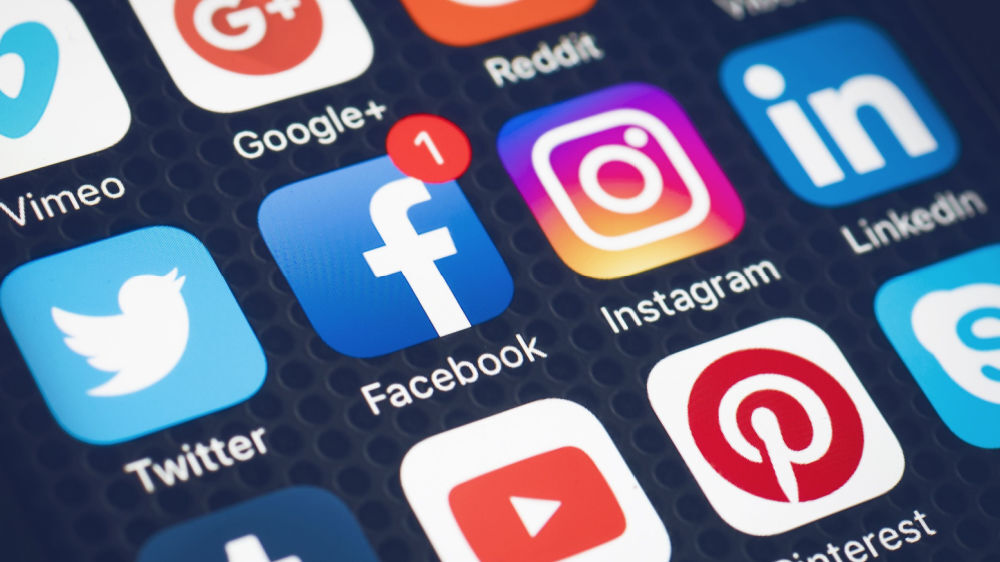Through advertising history, the main market appeal used to come from the silver screen.
From Marilyn Monroe saying “yes” to Lustre-Creme Shampoo, Mr T pitying the fool who didn’t eat snickers to, more recently, Sylvester Stallone’s iconic Rocky character reborn in Entain’s latest Ladbrokes advert, all playing their part in establishing these brands as household names.
However, the audience now spends more time looking at a 6.3 inch smartphone than a 48 foot widescreen cinema display, which could be attributed to the rising use of social media platforms and the emergence of influencers.
In this three-part mini-series, CasinoBeats will be looking into the influencer market, how the sector can prosper in this area and how to remain responsible when it comes to engaging with a younger audience.
We asked: What are the different forms of influencer marketing and how has it changed overtime? Are there some that work better than others?
Alex Kornilov, CEO at Betegy: What we’ve been seeing in recent years is a surge in influencer marketing activities with more and more brands using this method to reach a wider audience.
Working with influencers can increase interest dramatically with brands utilising this in both sports betting and casino content. This boosted acceptance has meant a far greater reach for the industry to an even wider target audience.
In terms of how things have changed over time, we have witnessed a transition away from using strictly ex-football players, sports athletes etc -but also going into pop culture now. The use of more wide-spread varied influencers means brands have the capability to segment demographics and specifically target the audience they want to engage with.
This is especially advantageous as you can identify the demographics that resonate with your brand’s values. This can be as simple as making someone a brand ambassador, using their influence to create ongoing value for the brand, and then in turn benefiting from the reciprocal benefits of building a community.
Marija Hammon, Head of Marketing at Relax Gaming: Influencer marketing is one of the most powerful tools within the marketing mix, irrespective of the industry you operate in.
Word-of-mouth has been valued for centuries; however, the form of that influence has changed with the onset of the internet and progression of social media platforms, including the content creation capabilities that come with them.
Within the gaming sphere, our influencer marketing efforts at Relax are focused on affiliates and streamers, who like influencers across other industries have built a large following and offer custom branded content with high resonance within the communities they’ve built.
Influencer marketing and its peer-to-peer approach has the power to deliver fresh, highly targeted content as an individual voice, achieving affinity in a different way to company messaging. The mix offers something which cannot be achieved by implementing one element alone.
It is fascinating that audiences follow hours on end of influencer generated content, absorbing every word – often choosing that content over other forms of entertainment.
Like in any profession, naturally, there are influencers that are stronger, and more reputable, than others. Sometimes this is due to longevity which has allowed them to build a strong community, whilst other times, it’s down to impact – including personality, ethics and style of operations.
Having the largest following doesn’t always directly equate to generating the greatest effect. It is imperative for every company to assess which influencer partners offer the best fit for their business and product offering.
Brandon Walker, Business Development at Amelco: We’re seeing a huge emergence of influencer marketing across social media in South Africa – especially when it comes to the betting and gaming industry.
Looking at demographics, we can clearly see why. There’s a real emergence of upwardly mobile audiences that are really catering to (and resonating with) local communities. Smartphones are also quickly catching up with the rest of the world; everyone now has access to data and the same fantastic content we’re seeing in Europe and the US.
As a native South African, I’m really excited by the potential that influencer marketing has here. Facebook, Instagram, TikTok and Snapchat are, of course, the key channels – and we’re doing some really exciting work with Lulabet in South Africa to bring the market its first premium sports betting and gaming experience. Social media and influencer marketing will likely form a key part of that over time.
Yanina Kaplya, Head of Marketing at BetGames: The recent changes we’ve seen in influencer marketing trends are very positive, with a shift in strategy focusing on personalisation, building a dialogue, and creating a community, rather than traditional product placement.
This modern method enables brands to not only promote their product but also receive instant feedback from customers about their preferences, allowing industry brands to react quickly and improve loyalty.
There has been an interesting move away from only working with influencers with a massive following too. This is because they no longer hold as much value in making product recommendations, alongside brands wanting to make sure their campaigns are far more cost-efficient.
We are now witnessing the rise of the nano and micro-influencer partnerships with brands looking to specifically target a certain audience, which is proving to be very effective in influencing gaming decisions.
It’s great to see that there are more variations of influencers for product providers in our industry instead of just traditional Twitch and YouTube streamers. Now brands can reach a community in a specific geo and the influencer can be a DJ, sports commentator, former football player or lifestyle blogger. This trend drives creativity with ongoing communication campaigns that gaming brands can have with their players, furthering retention rates.












